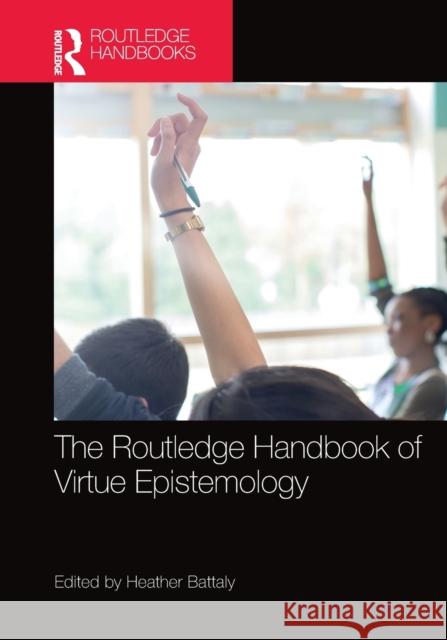The Routledge Handbook of Virtue Epistemology » książka
topmenu
The Routledge Handbook of Virtue Epistemology
ISBN-13: 9780367571085 / Angielski / Miękka / 2020 / 542 str.
The Routledge Handbook of Virtue Epistemology
ISBN-13: 9780367571085 / Angielski / Miękka / 2020 / 542 str.
cena 253,60
(netto: 241,52 VAT: 5%)
Najniższa cena z 30 dni: 231,67
(netto: 241,52 VAT: 5%)
Najniższa cena z 30 dni: 231,67
Termin realizacji zamówienia:
ok. 16-18 dni roboczych.
ok. 16-18 dni roboczych.
Darmowa dostawa!
This landmark volume provides a pluralistic and comprehensive picture of the field of virtue epistemology.











